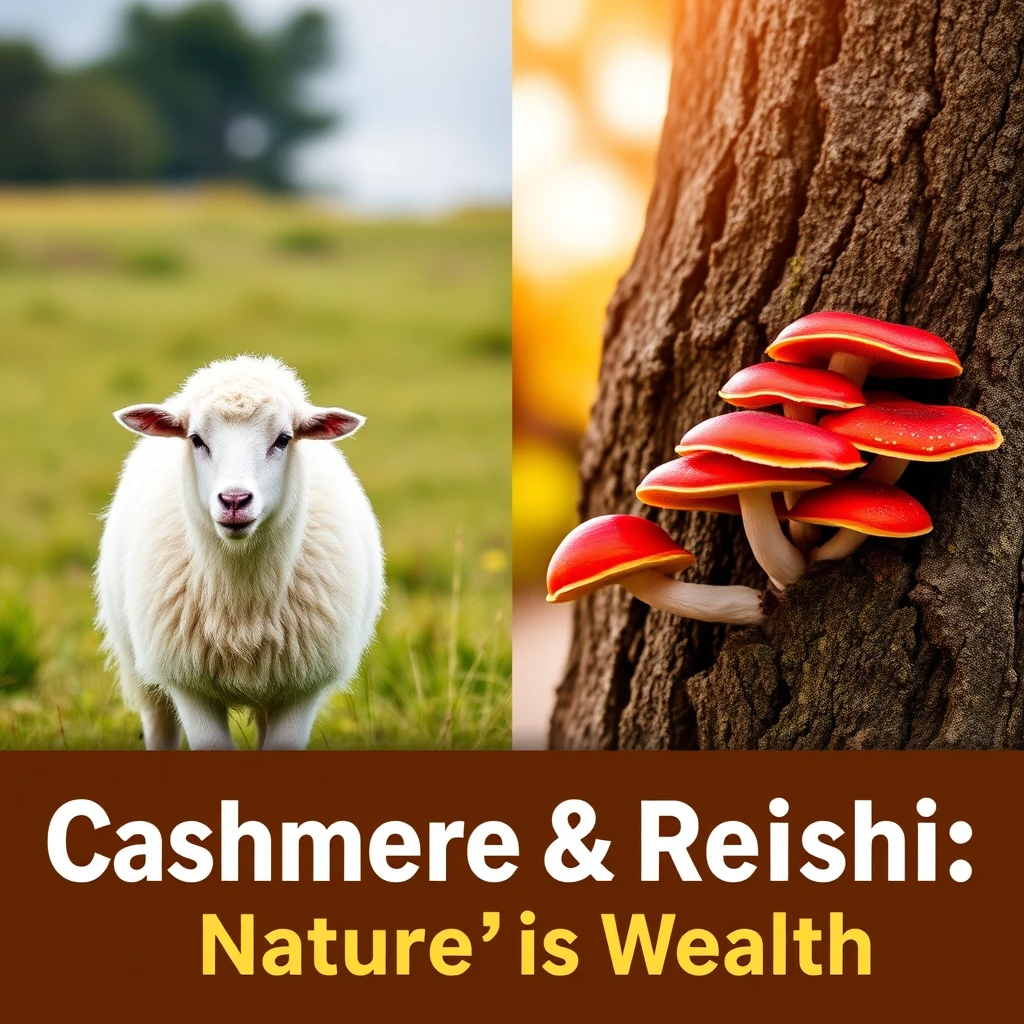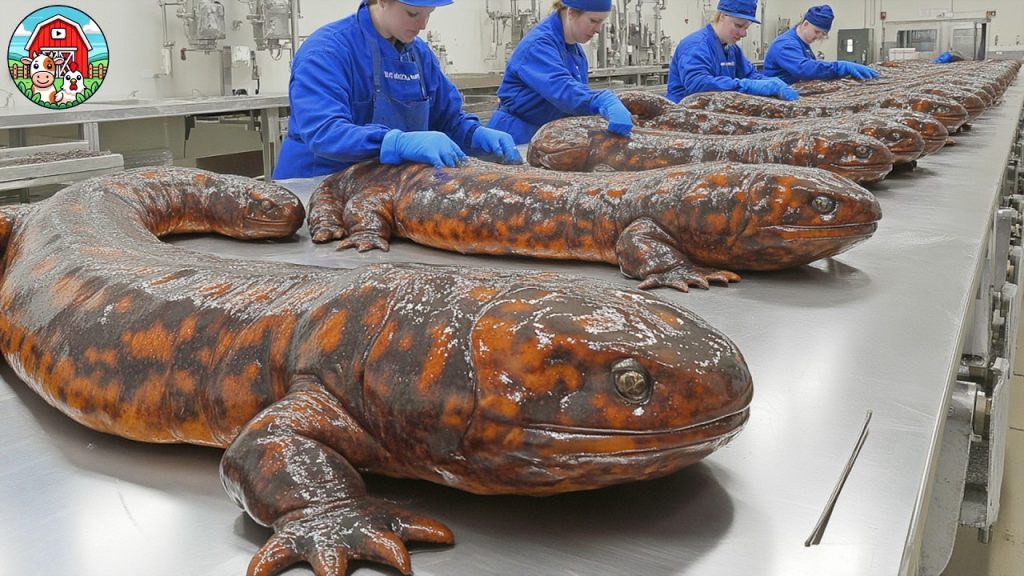
Cashmere goats are highly valued for their soft wool, which is in high demand worldwide. Thriving in grasslands, they significantly contribute to the textile industry. They also produce up to 20 million tons of milk annually, making them valuable dairy animals.
The meticulous wool harvesting process ensures efficiency and animal welfare. Wool is manually collected using specialized tools, focusing on extracting the soft undercoat without harming the goats. Once collected, the wool undergoes thorough cleaning and processing to meet high-quality market standards. The increasing demand for cashmere, with annual consumption reaching 15 million tons, has driven sustainable farming practices that improve both wool quality and farmers’ livelihoods.
Cashmere goats require a balanced diet of grass, hay, leaves, and grains to maintain health and productivity. This approach enhances wool and milk production while promoting sustainability by utilizing natural feed sources.
Beyond wool and milk, goat meat is gaining popularity due to its nutritional benefits. As global consumption patterns shift, goat meat emerges as a competitive alternative to traditional meats, emphasizing the importance of ethical and efficient processing practices.
Red Reishi Mushrooms: Cultivation and Health Benefits
The video delves into the cultivation of red reishi mushrooms, revered in traditional medicine for their health benefits. Often called the “diamond of medicinal herbs,” these mushrooms have been associated with longevity and wellness for centuries.
Their cultivation requires careful management, including steam sterilization of substrates and controlled environmental conditions to maximize yield and maintain medicinal value. These farming techniques ensure high-quality mushrooms that meet growing demand in the health sector.
Scientific research supports red reishi mushrooms’ medicinal benefits, including immune-boosting and anti-inflammatory properties. Studies indicate their potential role in cancer prevention and overall health improvement, making them a sought-after supplement in both traditional and modern medicine.
Economic and Sustainable Farming Impact
Both cashmere goats and red reishi mushrooms play crucial roles in sustainable agriculture and local economies. The growing global demand for cashmere and the increasing recognition of reishi mushrooms’ medicinal value drive ethical and sustainable farming practices. These industries provide farmers with economic stability while promoting environmental responsibility.
By blending traditional farming methods with modern advancements, cashmere wool and red reishi mushroom production show how agriculture can evolve to meet market demands sustainably. The video highlights the economic benefits, ethical considerations, and the importance of responsible farming in today’s global landscape.



